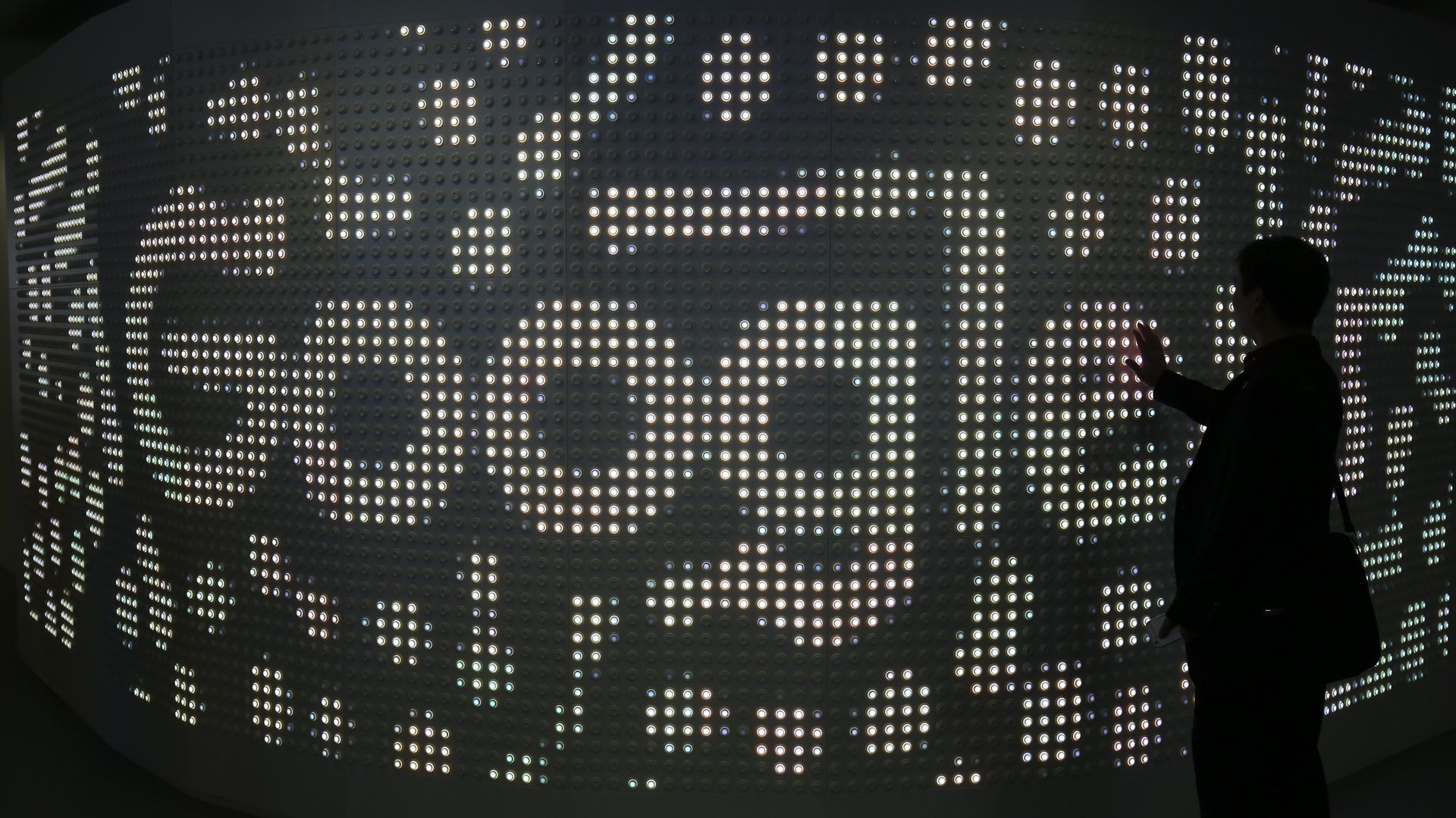Google’s advertisers want discounts, not apologies, after their ads appeared alongside hate speech
Google’s hate-speech headaches won’t go away. The search giant has already apologized twice to advertisers for placing their ads on YouTube channels that promote terrorism and other hate speech, but big brands in the US are still pulling their campaigns from the platform, and media agencies are asking for discounts.


Google’s hate-speech headaches won’t go away. The search giant has already apologized twice to advertisers for placing their ads on YouTube channels that promote terrorism and other hate speech, but big brands in the US are still pulling their campaigns from the platform, and media agencies are asking for discounts.
The brands’ anger is hurting Google’s reputation among its most important clients. For all of Google’s world-changing ambitions, it continues to make nearly all of its money from advertising. The hate-speech revelations awkwardly expose the usually cloistered relationship between the tech firm and the brands and media agencies that keep it in business. The share price of Google’s parent company, Alphabet, has fallen by 4% over the past week, erasing some $36 billion in market value.
Google’s problems began in the UK, when the Times of London published an investigation last month (paywall) showing that ads from major brands were appearing next to hundreds of YouTube videos containing hate speech. The revelations gathered momentum, leading to a parliamentary grilling. Uncomfortable, but nothing the tech giant couldn’t handle, it seemed.
Then, things took an unexpected turn. Global media agency Havas pulled its UK advertising with Google on March 17, taking ads from brands like Audi and O2 off the platform. Other brands quickly followed, including L’Oreal and McDonald’s. In less than a week, some 250 brands had withdrawn UK ads from Google.
Google issued an apology on March 21, following a verbal one by its European head at a trade conference in London, and promised to fix things swiftly. It was to no avail. The same day, the scandal crossed the Atlantic, with Johnson & Johnson and AT&T pulling their ads globally (paywall). Days later, more major brands followed suit, including General Motors and PepsiCo.
The pressure continues to mount. The UK’s foreign secretary, Boris Johnson, described Google’s inability to police the content on its platforms as “disgusting” in an interview yesterday.
There is one clear-cut way for Google to make amends. The media agencies charged with managing ad spending on Google’s platforms are now publicly demanding discounts to make up for the hate-speech placements in the past.
Here’s how the logic goes, as Rob Norman, chief digital officer at agency Group M, told the Financial Times (paywall): To avoid appearing alongside hate speech, brands want to target their ads more narrowly, which usually costs more. Since Google shouldn’t allow hate-speech on its platforms in the first place, it should give the media agencies a discount for highly targeted ads.
Advertising mogul Martin Sorrell, who heads WPP, the world’s largest ad agency, personally dressed down Google’s top UK executive at a conference the two appeared at together earlier this month. “You have resources, your margins are enormous, you don’t explain to people how algorithms work,” he said. “You have to change in my view.”
The message from agencies is clear—more apologies won’t bring back Google’s advertisers, but discounts might.